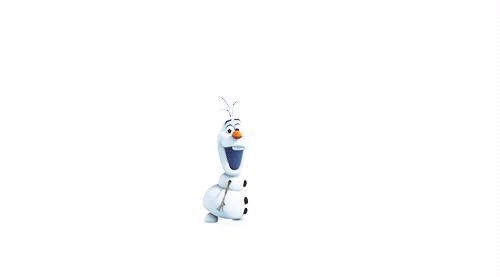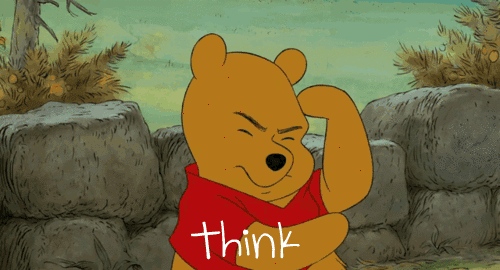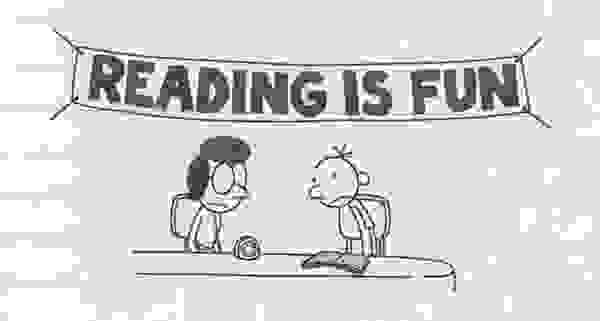When thinking about Coles quote, “the whole point of stores is not ‘solutions’ or resolutions but a broadening and even heightening of our struggles” it makes me believe that these fairy tales aren’t only meant for entertaining ourselves but are meant to offer a lot more than that. When rereading fairly tales I was told as a child I now notice that these stories are meant to teach us moral lessons. In the tale Little Red Riding Hood the lessons that are meant to be learned are quite clear, the first being that we shouldn’t give our trust to people who we don’t know and the second being that when given a task stay on the correct path and don’t wander off.
When reading fairly tales it’s interesting look at how different versions tell and explain different problems that the protagonist is faced with. In versions of Little Red Riding Hood that we read in class the morals that were being taught varies depending on how it was told. For example, in many of the versions Little Red was created to look like a foolish girls who gave trust in a wolf but when reading The True History of Little Golden-Hood by Charles Marelles the girl and grandmother are given new roles where instead of being hunted they become the hunters. Marelles version of the tale gives a different moral than the version we’re use to, I believe his moral is that you must pay attention and be focused.
Fairy tales are used to explain and give examples of human struggles. The struggles that are introduced in these tales can be both internal and external. In tales the involve internal problems the protagonist can be faced with things like ignorance, naiveness, narcissist, self-doubt, gullibility and sometimes love (ex: When Little Red enters her grandmothers house she should’ve see that her “grandma” had developed new physical features that should’ve told her something was wrong with “grandma”). The external struggle that are shown in tales can be problems with other characters, society, nature, and/or technology (ex: The Big Bad Wolf creates problems for Little Red while she’s on her way to deliver gifts to her grandma). Though fairy tales are often writing to be over the top, we can be faced with problems that are similar so the morals that fairy tales are teaching aren’t exactly solutions but they can teach you life lessons without having to experience them first hand.
I really like the idea of using fairy tales to give young children the idea that the world isn’t as friendly as it may seem. Telling people what kind of struggles they can be faced with in life is difficult so fairy tales offer a way explaining these problems in a way that is entertaining and relatable. The underlying messages can be powerful and could teach all of us things we may have never though of.




